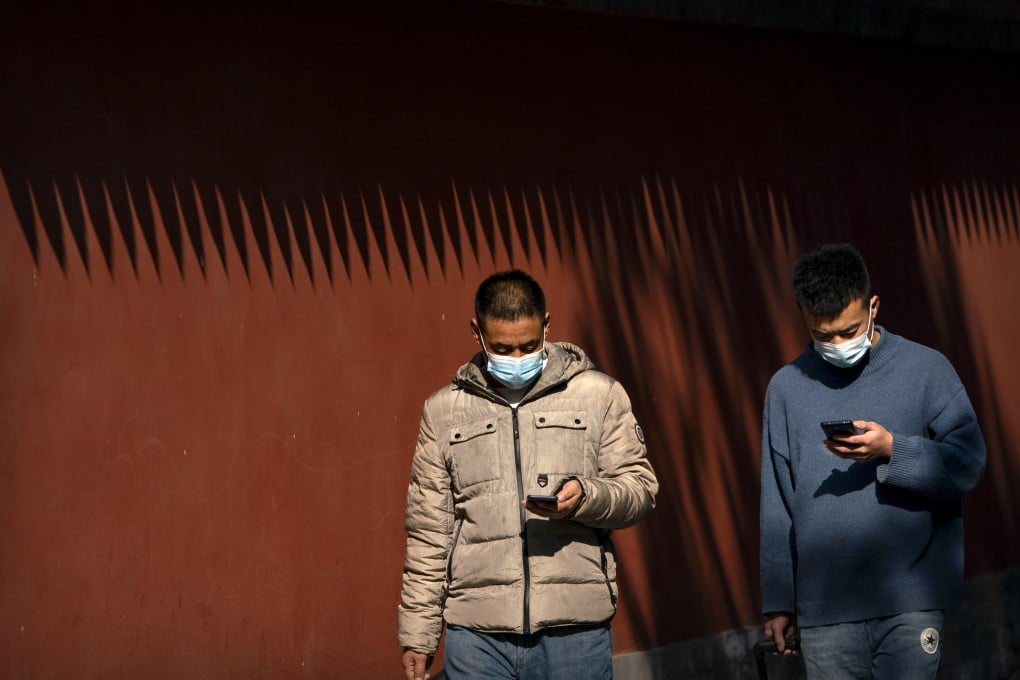China’s Big Tech platforms face more responsibility in ‘cyberspace civilisation’ push that seeks more online control
- New cyberspace guidelines will fall heaviest on internet platform operators like Tencent and ByteDance, experts say, raising compliance pressures
- The directive is expected to lead to more propaganda and crackdown campaigns ahead of next year’s 20th party congress and the 2022 Winter Olympics in February

China’s new guidelines for building a “cyberspace civilisation” likely indicate more campaigns cracking down on online information in the months ahead of next year’s 20th party congress, experts say.
“Platform companies should expect a significantly heavier hand when it comes to content guidance,” said Tom Nunlist, an analyst at Trivium China.
The directive is another move in Beijing’s ongoing campaign to rein in the power and influence of Big Tech. Online content has long been a target of national regulators, and the new guidelines will prompt further government action expected to add additional compliance pressures to internet platform operators.
The government should keep “strengthening internet platforms’ responsibility”, according to the guidelines, and improve the internet industry’s “self discipline”, requiring companies to place equal importance on the pursuit of economic and social benefits.
The guidelines call for government agencies to enhance efforts to regulate how content is produced, published and spread online. Among the targets are internet slang and “uncivilised problems” with live-streaming e-commerce and public accounts, which are social media accounts run by content producers.